.svg)
How Automation is Changing the Role of Marketers
.svg)
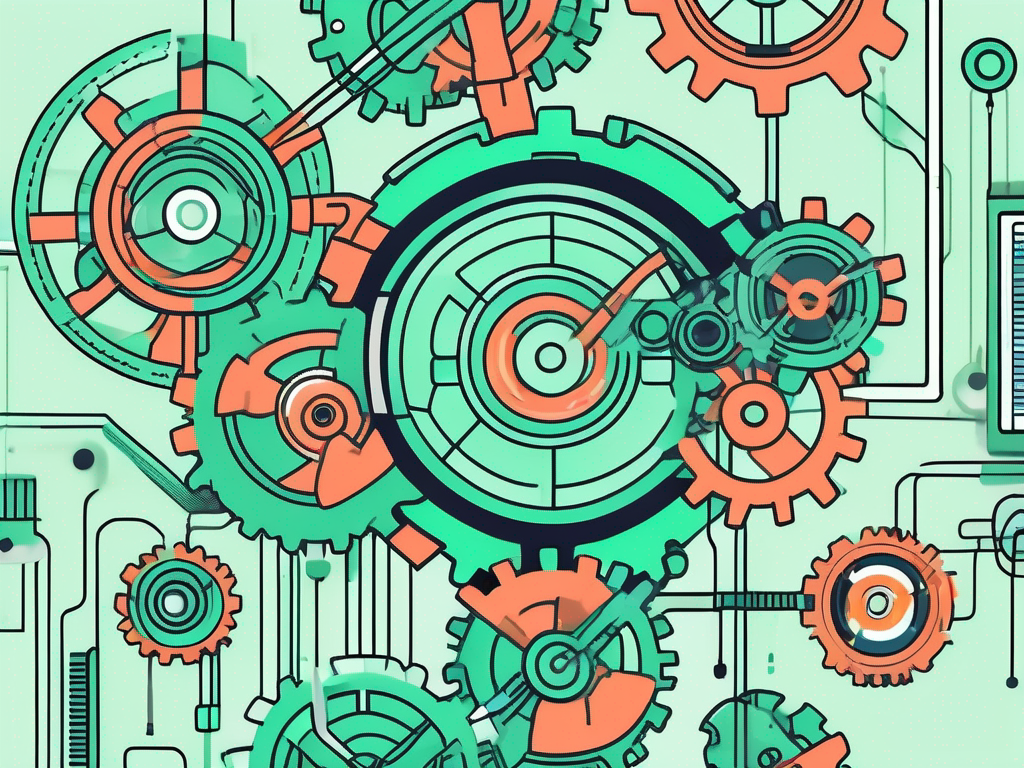
Automation is not just a buzzword these days but a transformative force reshaping the landscape of marketing roles. As technology advances, marketers are finding themselves in a dynamic environment where traditional strategies are being augmented, and in some cases, replaced by automated solutions. This shift is not only changing how marketing is executed but also redefining the skills and roles within the marketing profession.
The Rise of Marketing Automation
Marketing automation refers to the use of software and technology to automate repetitive marketing tasks. These tasks can range from email marketing, social media posting, and ad campaigns to more complex processes like customer segmentation and lead nurturing. The rise of marketing automation tools has been driven by the need for efficiency and the ability to deliver personalised experiences at scale.
With the proliferation of data and the increasing demand for personalised customer interactions, automation tools have become indispensable. They allow marketers to manage and analyse vast amounts of data, enabling them to make informed decisions quickly. This capability is crucial in a world where consumer preferences are constantly changing, and the competition is fierce.
Moreover, automation helps in streamlining workflows, reducing human error, and freeing up valuable time for marketers to focus on strategy and creativity. By automating routine tasks, marketers can dedicate more resources to developing innovative campaigns and engaging with their audience on a deeper level.
Changing Skill Sets for Modern Marketers
Data Analysis and Interpretation
As automation takes over routine tasks, the role of marketers is shifting towards data analysis and interpretation. Marketers today need to be adept at understanding and leveraging data to drive decision-making. This requires a strong analytical mindset and the ability to translate data insights into actionable strategies.
Data-driven marketing is not just about collecting information; it is about understanding customer behaviour, identifying trends, and predicting future actions. Marketers who can harness the power of data are better equipped to create targeted campaigns that resonate with their audience and achieve measurable results.
Technical Proficiency
With the integration of automation tools, marketers are increasingly required to possess technical skills. Understanding how to use and optimise these tools is essential for maximising their potential. This includes everything from setting up automated workflows and managing CRM systems to understanding the basics of coding and web analytics.
Technical proficiency enables marketers to work more effectively with IT teams and ensures that they can troubleshoot issues independently. As technology continues to evolve, staying updated with the latest tools and platforms is crucial for maintaining a competitive edge.
Creative Strategy Development
While automation handles the execution of marketing tasks, the need for creative strategy development remains paramount. Marketers must continue to innovate and develop compelling narratives that capture the attention of their audience. Creativity is what differentiates brands in a crowded marketplace and drives engagement.
Automation provides the data and insights needed to inform creative strategies, but it is the marketer's role to craft messages that resonate emotionally with consumers. This blend of data-driven insights and creative storytelling is what ultimately leads to successful marketing campaigns.
Impact on Customer Engagement
Automation is significantly enhancing customer engagement by enabling marketers to deliver personalised experiences at scale. Through automated processes, marketers can segment their audience based on behaviour, preferences, and demographics, allowing for more targeted communication.
Personalisation is key to building strong customer relationships. Automated tools can tailor messages to individual customers, ensuring that they receive relevant content that meets their needs and interests. This level of personalisation fosters loyalty and encourages repeat business.
Moreover, automation facilitates real-time engagement, allowing marketers to respond to customer interactions promptly. Whether it is through chatbots, automated email responses, or social media interactions, automation ensures that customers feel valued and heard, enhancing their overall experience with the brand.
The Future of Marketing Roles
Strategic Leadership
As automation continues to evolve, the role of marketers is expected to shift towards strategic leadership. Marketers will be responsible for guiding the overall direction of marketing efforts, ensuring alignment with business objectives, and driving innovation.
This strategic focus requires a deep understanding of market trends, consumer behaviour, and competitive dynamics. Marketers will need to be visionary leaders who can anticipate changes and adapt strategies accordingly to maintain a competitive advantage.
Collaboration and Integration
The future of marketing will also see an increased emphasis on collaboration and integration across departments. Marketers will need to work closely with sales, IT, and customer service teams to ensure a seamless customer experience.
Automation tools facilitate this integration by providing a unified view of customer data and interactions. By breaking down silos and fostering collaboration, marketers can create cohesive strategies that enhance customer satisfaction and drive business growth.
Continuous Learning and Adaptation
In a rapidly changing technological landscape, continuous learning and adaptation are essential for marketers. Staying updated with the latest trends, tools, and techniques is crucial for maintaining relevance and effectiveness.
Marketers must be proactive in seeking out new knowledge and skills, whether through formal education, online courses, or industry events. This commitment to lifelong learning ensures that they remain at the forefront of innovation and can leverage automation to its fullest potential.
Conclusion
Automation is undeniably changing the role of marketers, offering both challenges and opportunities. By embracing automation, marketers can enhance their efficiency, creativity, and strategic impact. However, this requires a shift in skill sets, a focus on data-driven insights, and a commitment to continuous learning.
As the marketing landscape continues to evolve, those who can adapt and leverage automation effectively will be well-positioned to lead their organisations to success. The future of marketing is bright, and automation is at the heart of this transformation, driving innovation and redefining what it means to be a marketer in the digital age.
Related Posts
Let's
Let’s discuss how we can bring reinvigorated value and purpose to your brand.

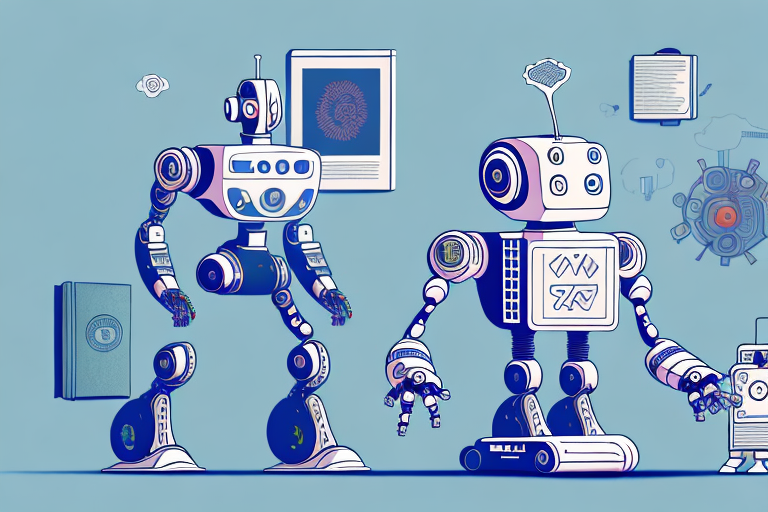


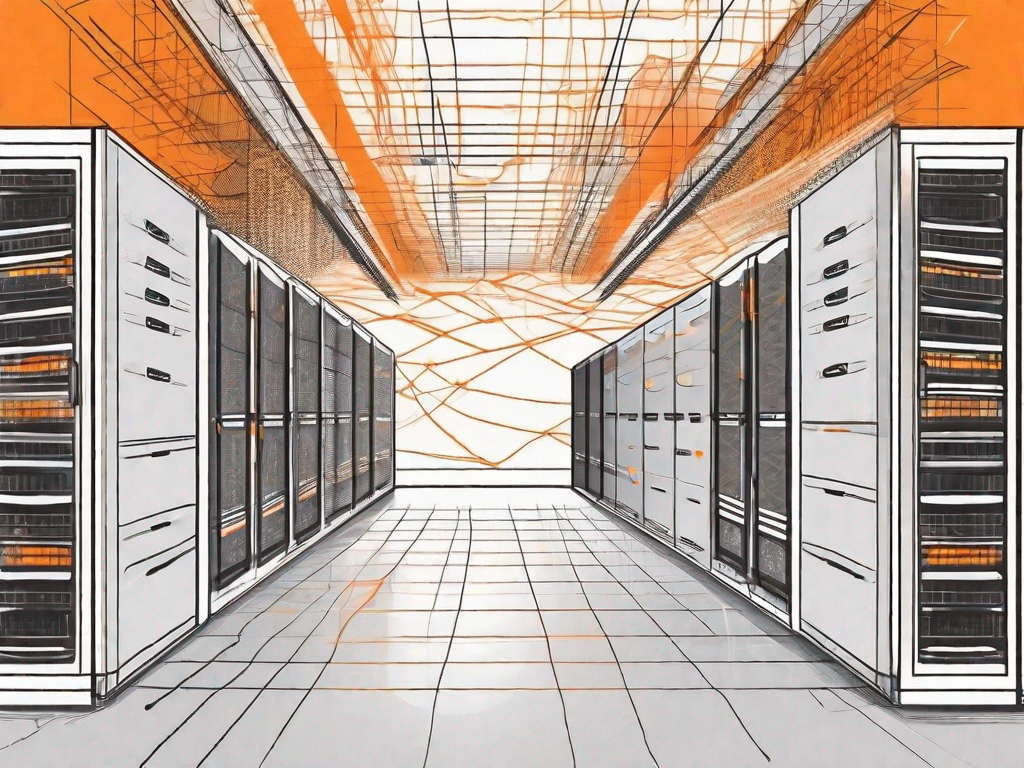
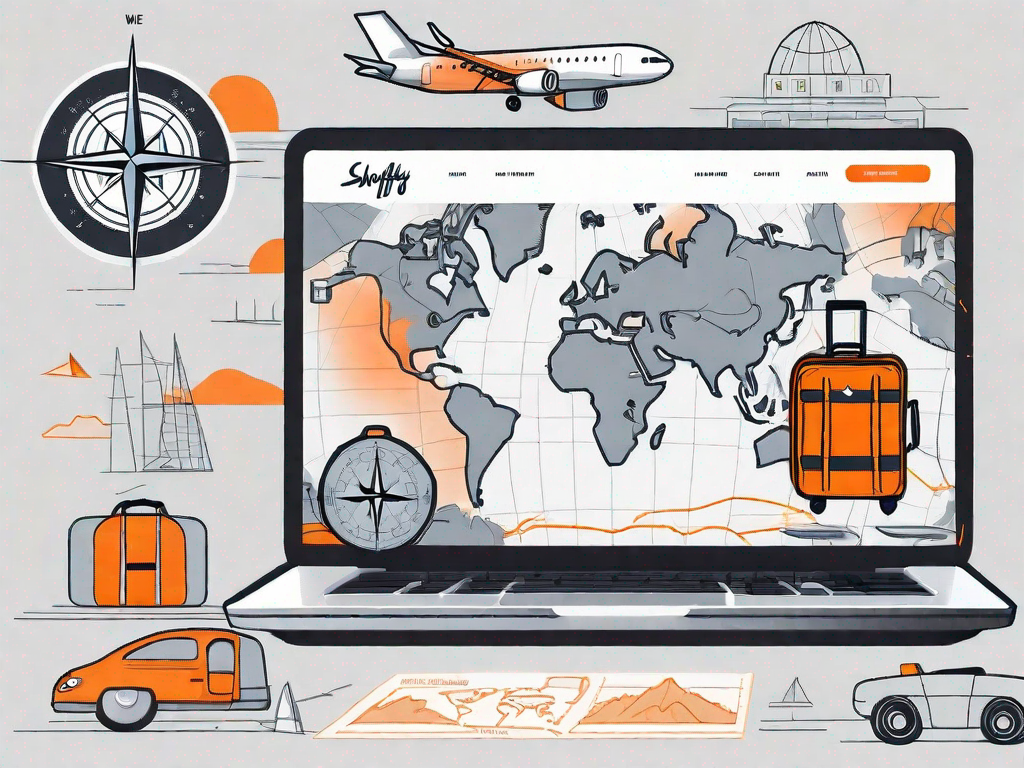
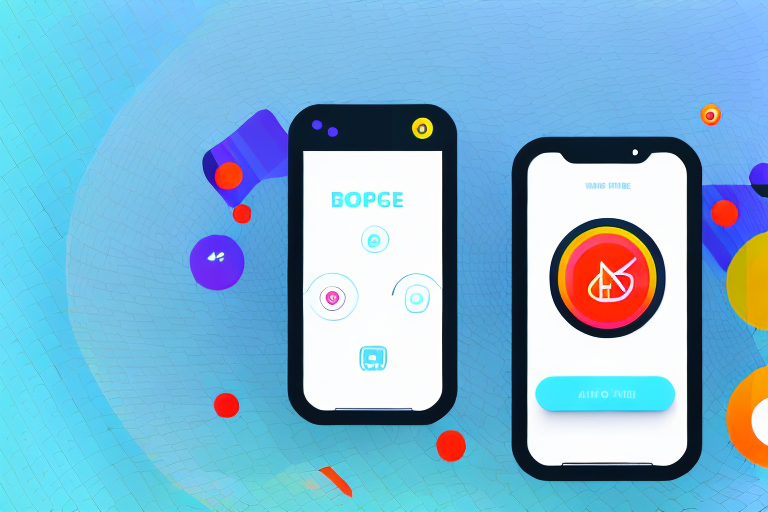
.svg)